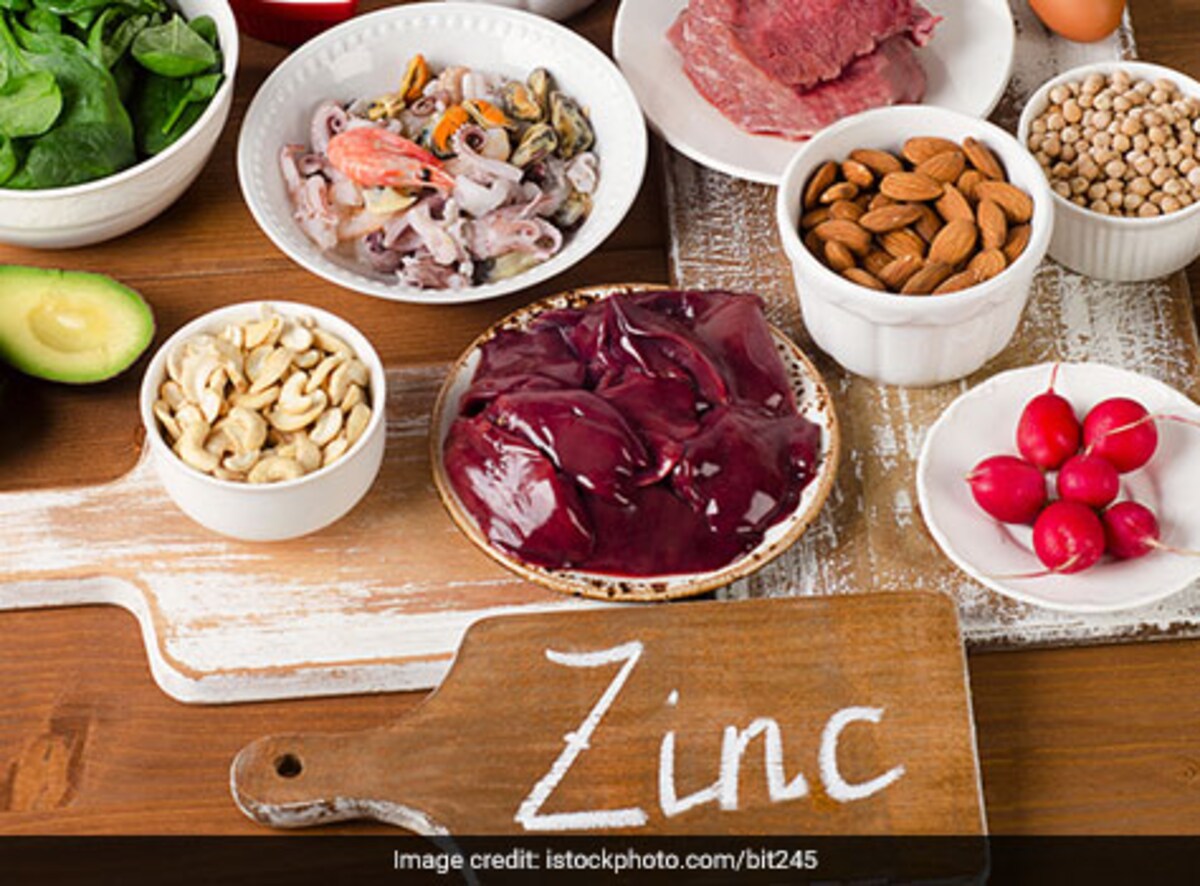
Mosquitoes are carriers of diseases such as malaria, dengue, and chikungunya, which collectively affect millions of people worldwide. According to the World Malaria Report 2021, India stands out as the primary contributor to malaria cases, accounting for a significant 82.5% of the total burden within the Southeast Asia region. While using insect repellents and mosquito nets are essential preventive measures, paying heed to our diet and consuming nutrient-dense foods can also play a significant role in strengthening our immune system against these illnesses. Here are some nutrient-rich foods that can bolster our immunity and provide protection against these illnesses.
Vitamin C-Rich Foods:
Vitamin C is renowned for its immune-boosting properties. Foods such as citrus fruits (oranges, lemons, grapefruits), strawberries, kiwi, and bell peppers are excellent sources of vitamin C. This powerful antioxidant helps neutralize harmful free radicals, reduce inflammation, and enhance the body’s ability to fight infections.
Zinc-Containing Foods:
Zinc is crucial for a robust immune system. Foods like lean meats, poultry, legumes, nuts, and seeds are abundant in zinc. This mineral supports the production of immune cells and antibodies, enabling the body to mount an effective defense against mosquito-borne pathogens.
Omega-3 Fatty Acids:
Found in fatty fish (salmon, mackerel, sardines), flaxseeds, and walnuts, omega-3 fatty acids possess anti-inflammatory properties that aid in reducing the severity of immune responses. They also contribute to the overall health of cell membranes, improving immune cell function.
Antioxidant-Rich Foods:
Antioxidants, found in fruits (berries, grapes) and vegetables (spinach, kale, broccoli), help protect cells from damage caused by oxidative stress. By supporting the body’s immune cells, antioxidants play a critical role in defending against infections transmitted by mosquitoes.
Garlic and Turmeric:
Garlic and turmeric are natural immune-boosting foods. Garlic has antiviral and antibacterial properties, while turmeric contains curcumin, a compound with potent anti-inflammatory and antioxidant effects. Incorporating these spices into our meals can provide added protection against mosquito-borne illnesses.
Hydration:
Staying hydrated is essential for maintaining optimal immune function. Adequate water intake, along with replenishing electrolytes through foods like bananas, coconut water, and yogurt, helps support the body’s immune responses and maintain overall health.
Vitamin D Sources:
Vitamin D plays a key role in modulating the immune system’s response to infections. While sunlight is a natural source of vitamin D, fatty fish, fortified dairy products, and egg yolks are dietary sources that can contribute to maintaining adequate levels.
B Vitamins:
B vitamins, including B6, B9 (folate), and B12, are essential for immune cell development and function. Whole grains, leafy greens, beans, and lean meats are good dietary sources of these important nutrients.
Summing up
A well-balanced and nutrient-dense diet is a powerful tool in fortifying our immune system against mosquito-borne illnesses. While it is crucial to employ physical protection methods such as insect repellents and mosquito nets, our dietary choices can significantly impact our body’s ability to combat these diseases. By incorporating foods abundant in vitamin C, zinc, omega-3 fatty acids, antioxidants, and immune-boosting spices like garlic and turmeric, we can build a vigorous defense mechanism that guards against infections. With proper hydration and the inclusion of vitamin D and B vitamins, we can equip our bodies with the resources needed to repel the threats posed by mosquitoes. Making informed food choices and prioritizing our health can aid to reduce the burden of mosquito-borne illnesses on a global scale.















